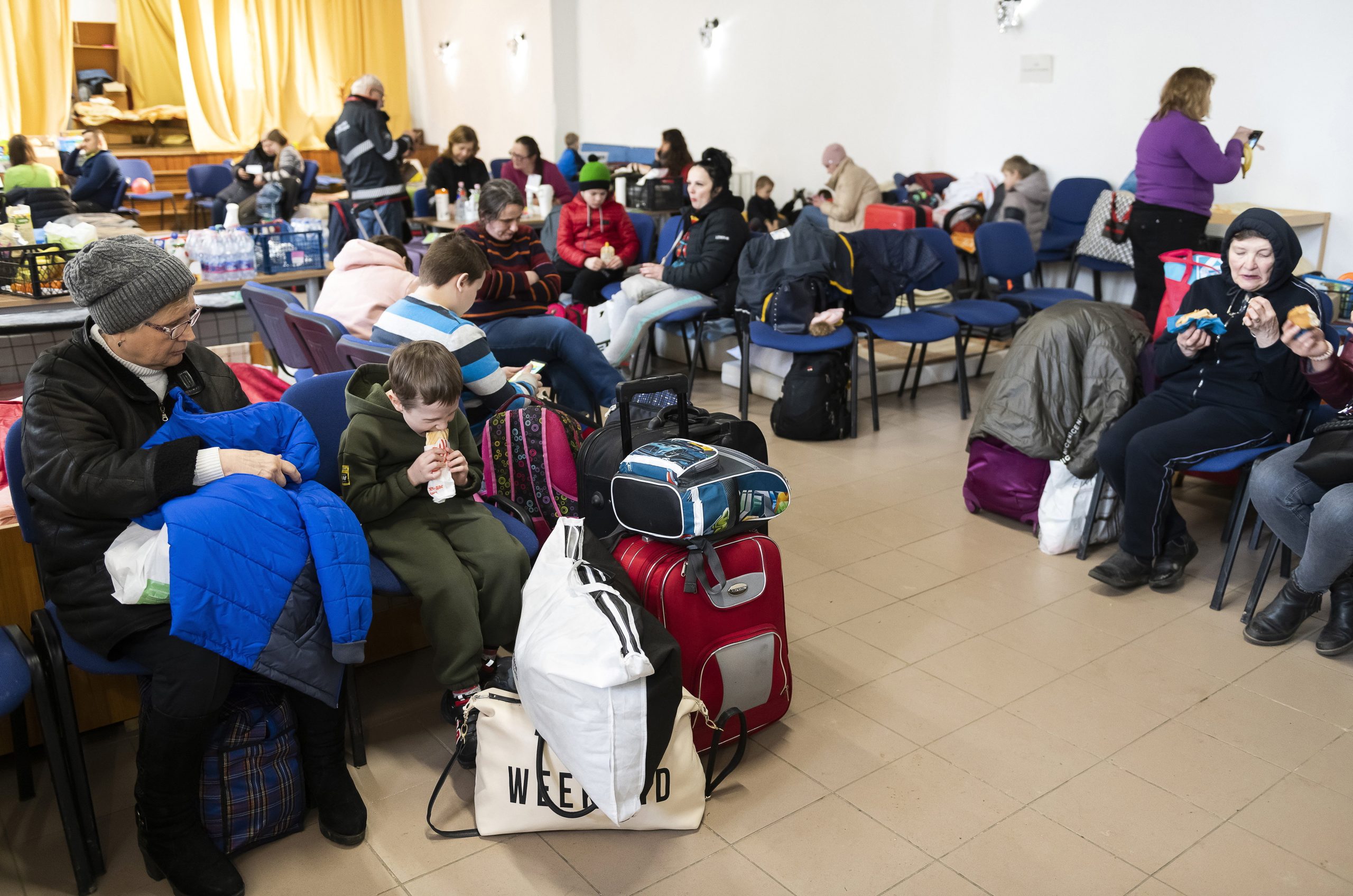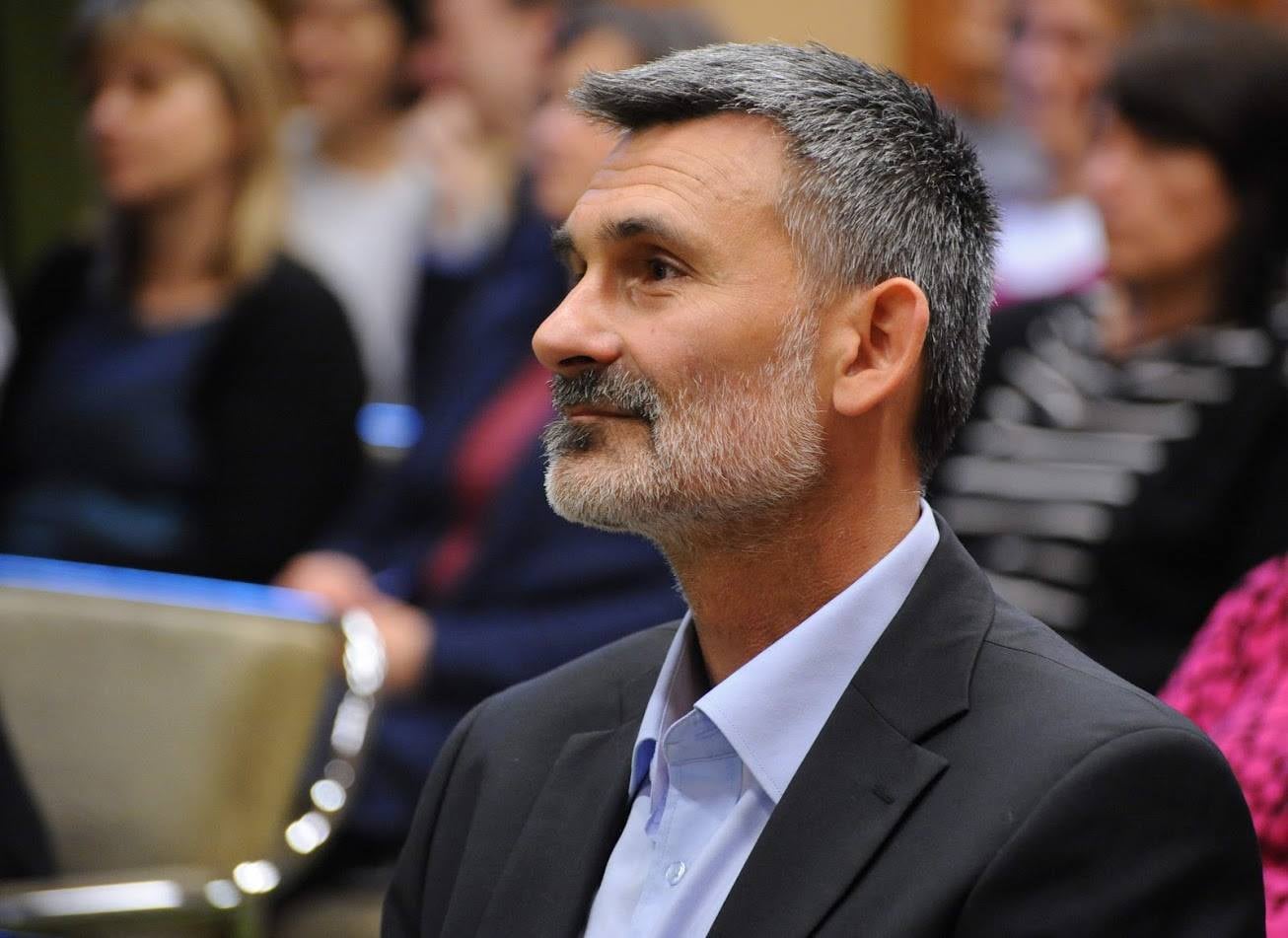
Head of the Hungarian Maltese Charity's crisis management working group, said that psychological first aid was also being offered in Beregsurány, which appears to be increasingly in demand among refugees traumatised by recent events.Continue reading

The popular Catholic priest and mental health professional spoke about the war at his Sunday mass, where, among other topics, he talked about victimhood in connection to the Ukrainian war.
Regardless of how we are affected by the concrete consequences of war, simply by witnessing it, we share – to a lesser extent, of course – the suffering and hardship of the victims,” Father Pál said, referring to the Ukrainian refugees. He also added that those with sensitive souls share the inner consequences of victimhood.
According to the priest, the first step is to try to help with the physical needs of the refugees. He thinks it is also important to help those who help others if we cannot help directly ourselves.
The help of the helpers is also real help.”
The concept of coping was also mentioned by the priest as important: “When someone has moved beyond being a victim of a situation and thinks about how they can overcome their own victimization while helping others.”
“If we want to have solid ground under our feet, we need to say that someone has been a victim.” As banal as it may sound to say it, Pál said, we do need to “bear witness, because bearing witness means giving credible information about the victim’s own situation.” He believes that it is also important to say this in the context of child abuse, the abuse of women, even sexual abuse, or cyberbullying. He says there is always a perpetrator and a victim in such situations.
However, later he also emphasized that “Every victim is more than just a victim.” He thinks that it is an important step for victims to recognize that they will always be more than victims.
In today’s Hungarian reality, I can’t see teachers as the perpetrators either. They are also victims of a situation, but of course, there is much more to it than that,”
he added.
Of course, everything he said was also in the context of religion: when Jesus’ trial took place people also “began to say that Jesus was not the victim, but that he was the perpetrator. The logic of power demanded it then, as it always does.” Then he went on to talk about this in the context of the Ukrainian-Russian War as well:
The Russian President is not a victim, but a perpetrator. And the people in Ukraine are not the perpetrators, they are the victims. Strange as it may seem, these things need to be said, otherwise we are not standing up for the victims.”
“It’s exactly like when people walked away when Jesus was crucified,” he added.
The Russian president is not the ruler of life and death, but a war criminal, and what he is doing is a series of murders,”
he added.
Pál also remembered the victims of coronavirus, saying that “It was moving to hear people talk about God’s plan for the outbreak. For two reasons. One, because they don’t know, they were talking about something we don’t know. The other is that telling what the purpose of the pandemic is may be to turn away from the victims, the sick, and the suffering.” He cited Elie Wiesel, a holocaust survivor:
When asked, looking back, what was the point of Auschwitz, Elie Wiesel replied, ‘I hope nothing.’ So I would say, that everyone should be careful not to say what the point of this war is. I hope nothing.”
He also added that this does not mean that we cannot live a meaningful life. “We do not need to know what the meaning of life is, we need to know how to live a meaningful human life,” when there is an epidemic and when there is a war.
Anyone who has been a victim of this situation in one way or another, and who is also wondering how they can benefit others […] is already realizing what it means to live a meaningful life while hoping that this war makes no sense,”
Pál said towards the end of his speech.
The full speech can be viewed here.
Featured image via Priest Feri Pál’s Facebook page